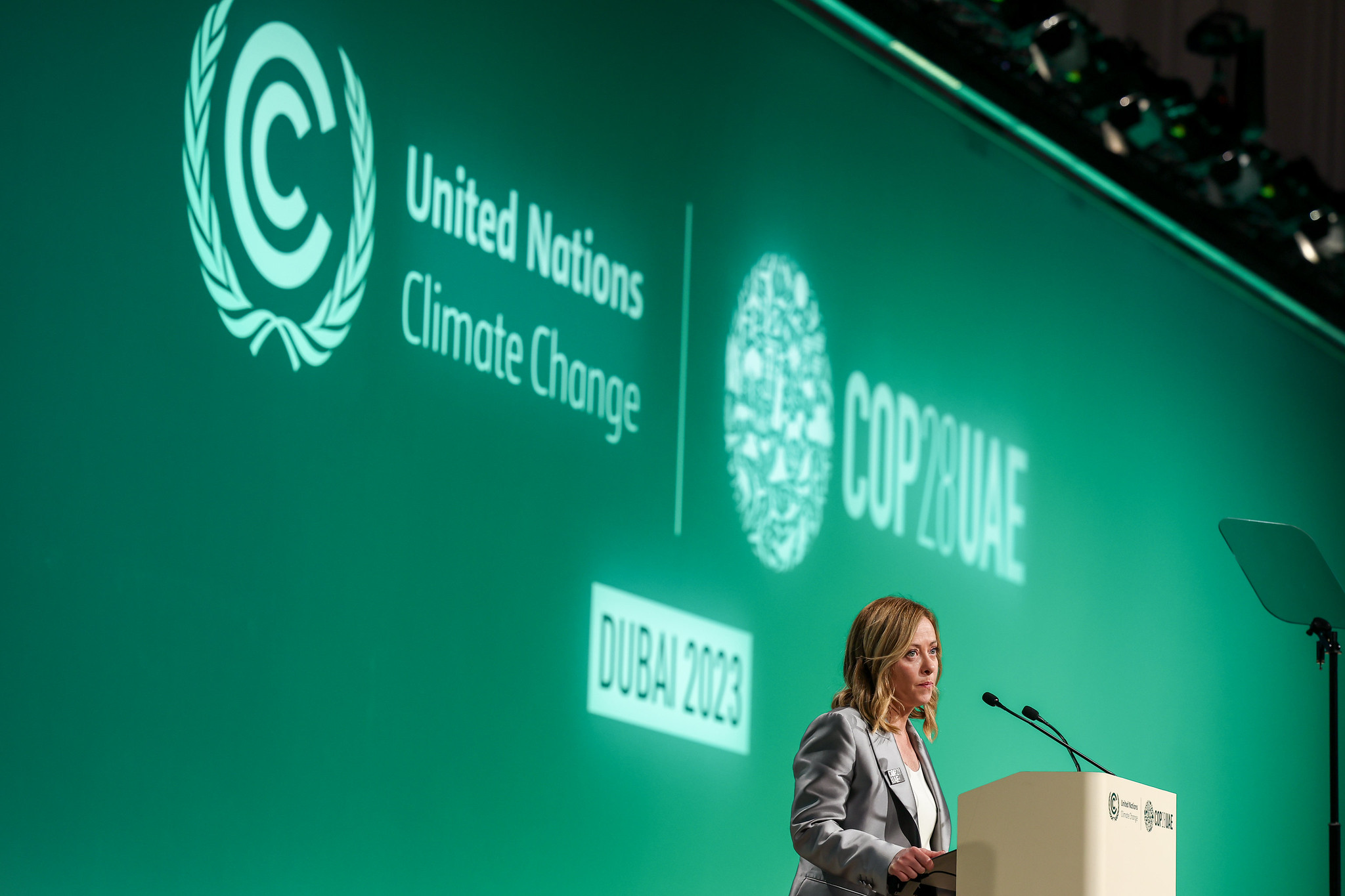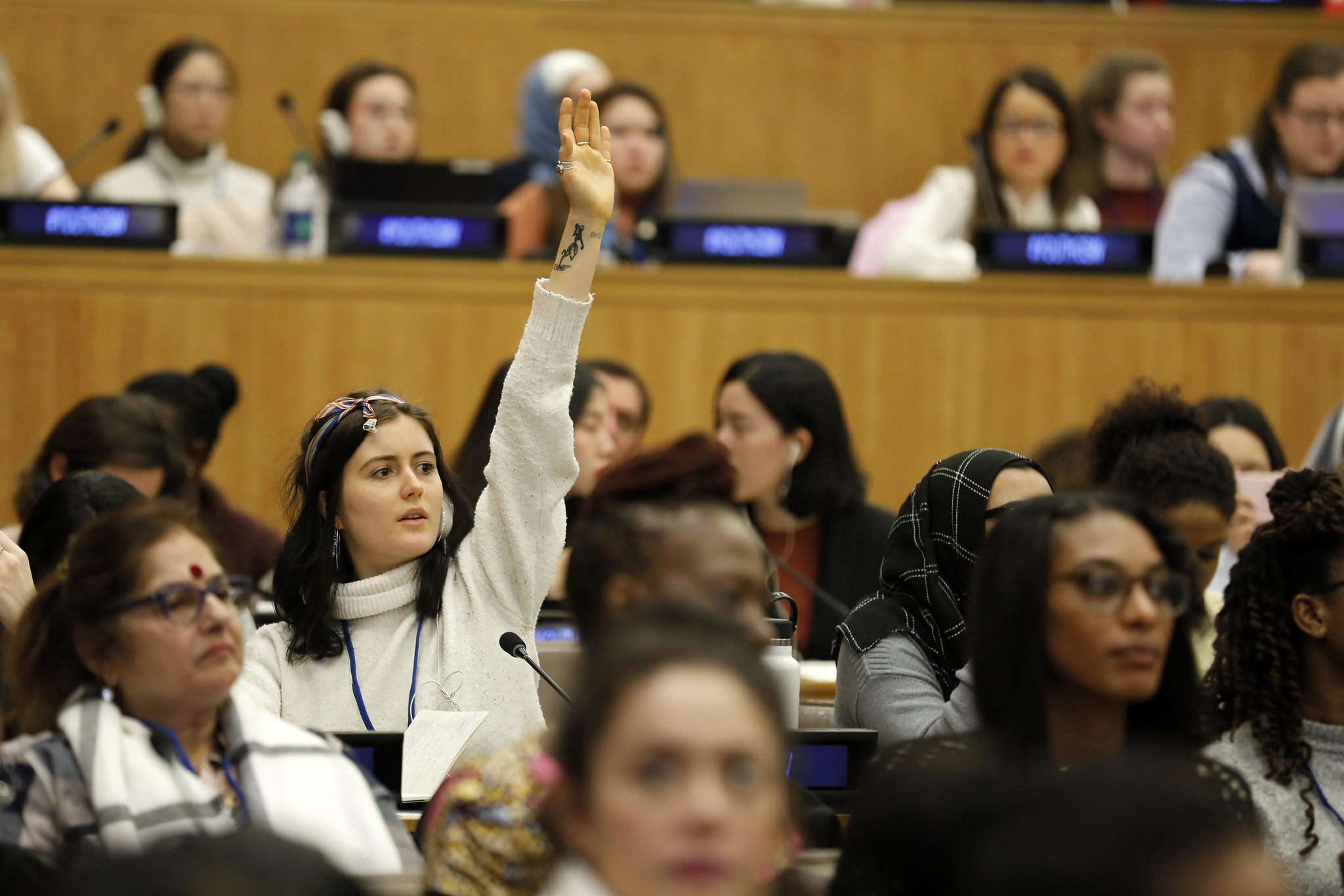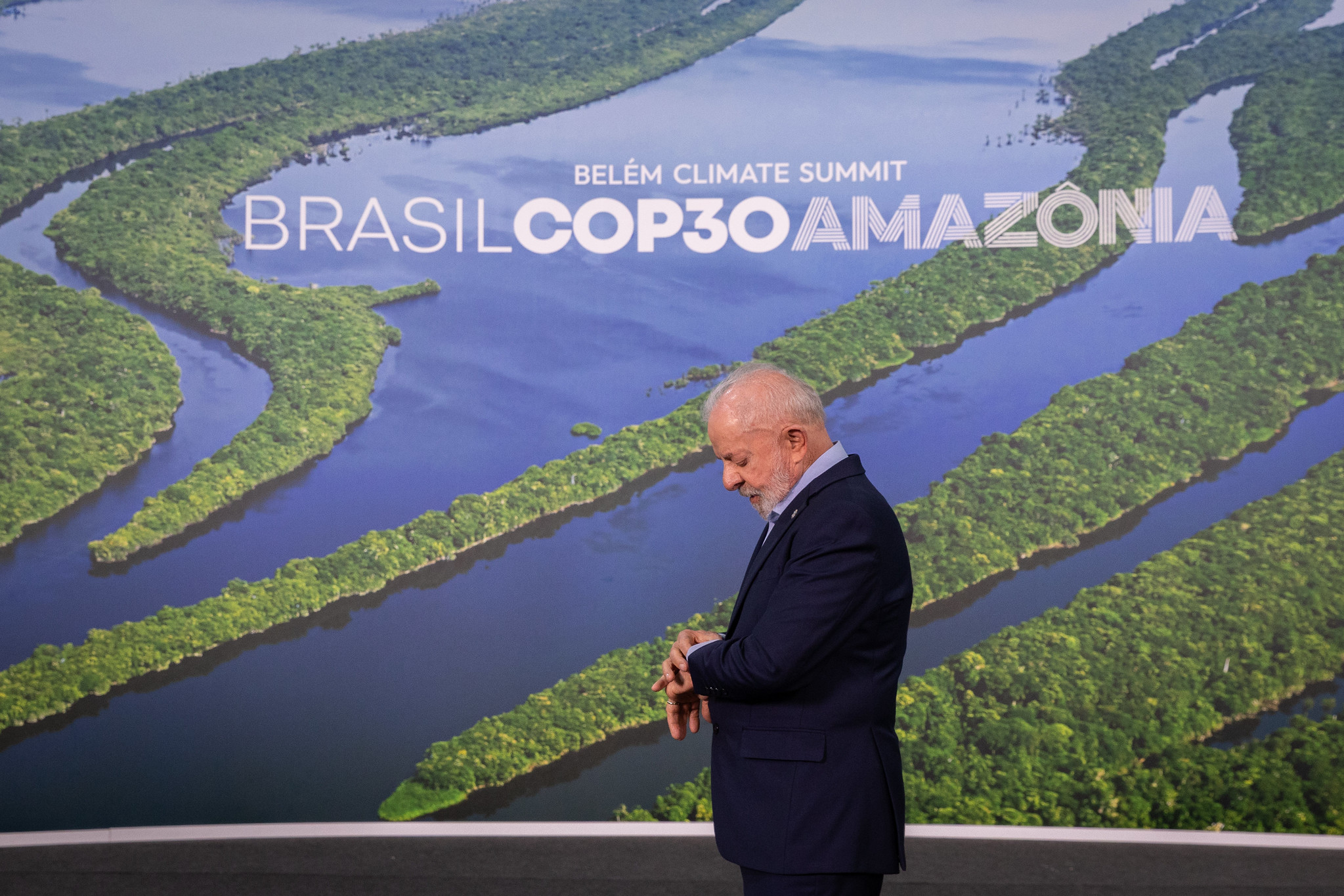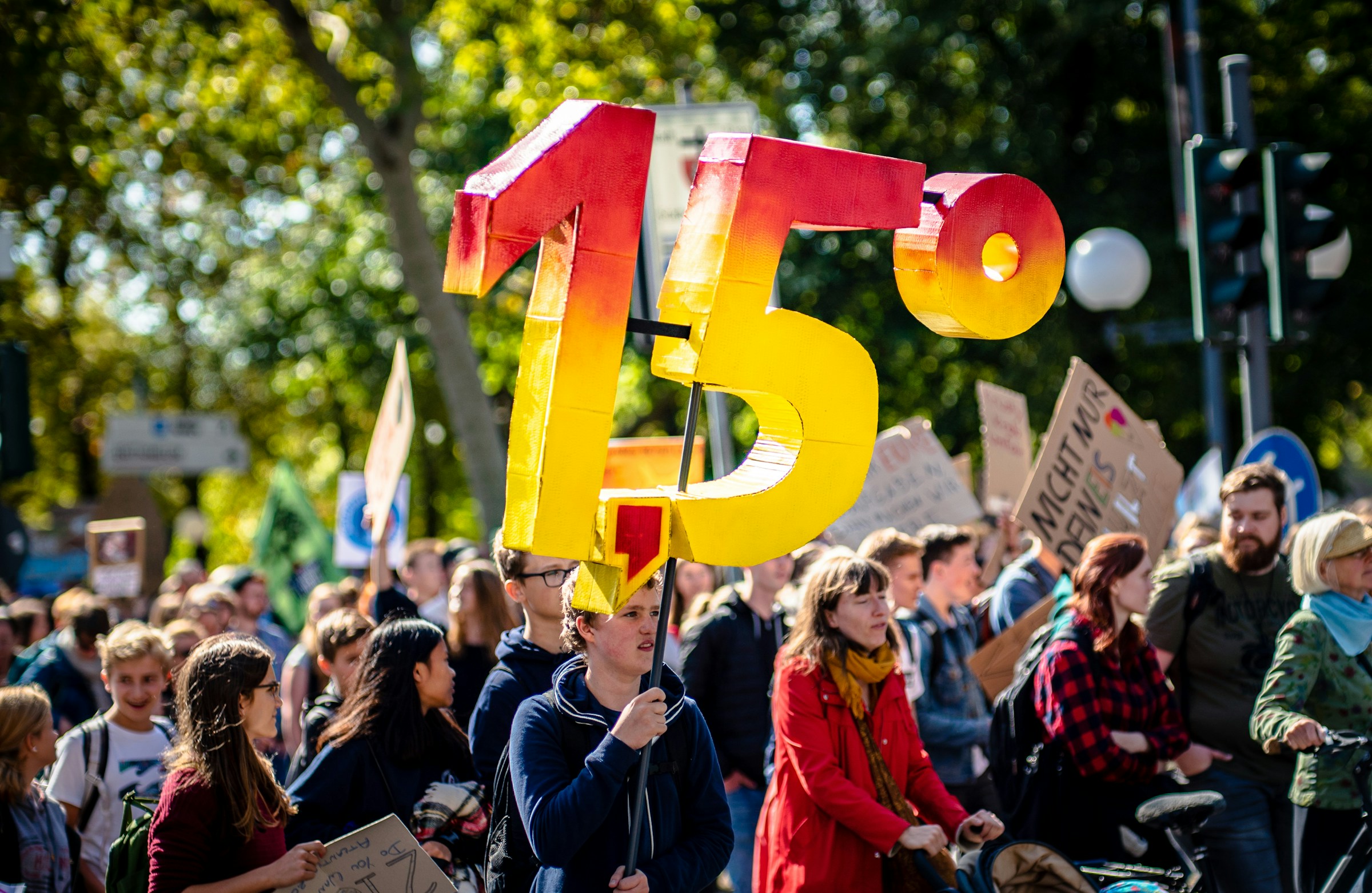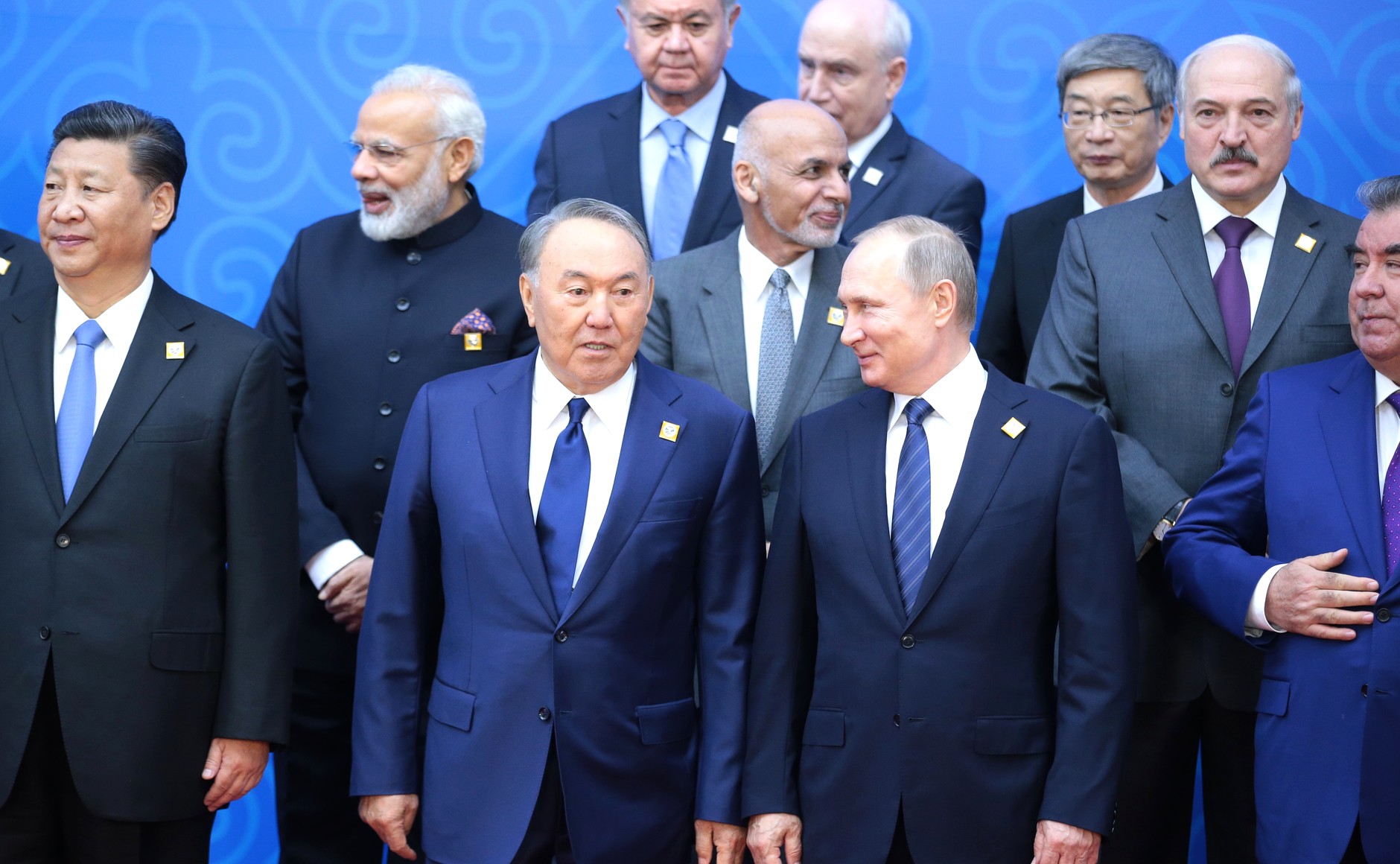“Regime Survival as a Collective Project”: Inside the Dictator Club
Authoritarian-led “dictator clubs” are reshaping multilateralism: pooling resources, shielding members from sanctions, and legitimising authoritarian rule. In The Dictators’ Club, Maria Debre shows how these alliances turn regime survival into a collective project. How can Europe counter their influence while defending democratic norms?
